How to Get Started in Motorsport: A Comprehensive Guide
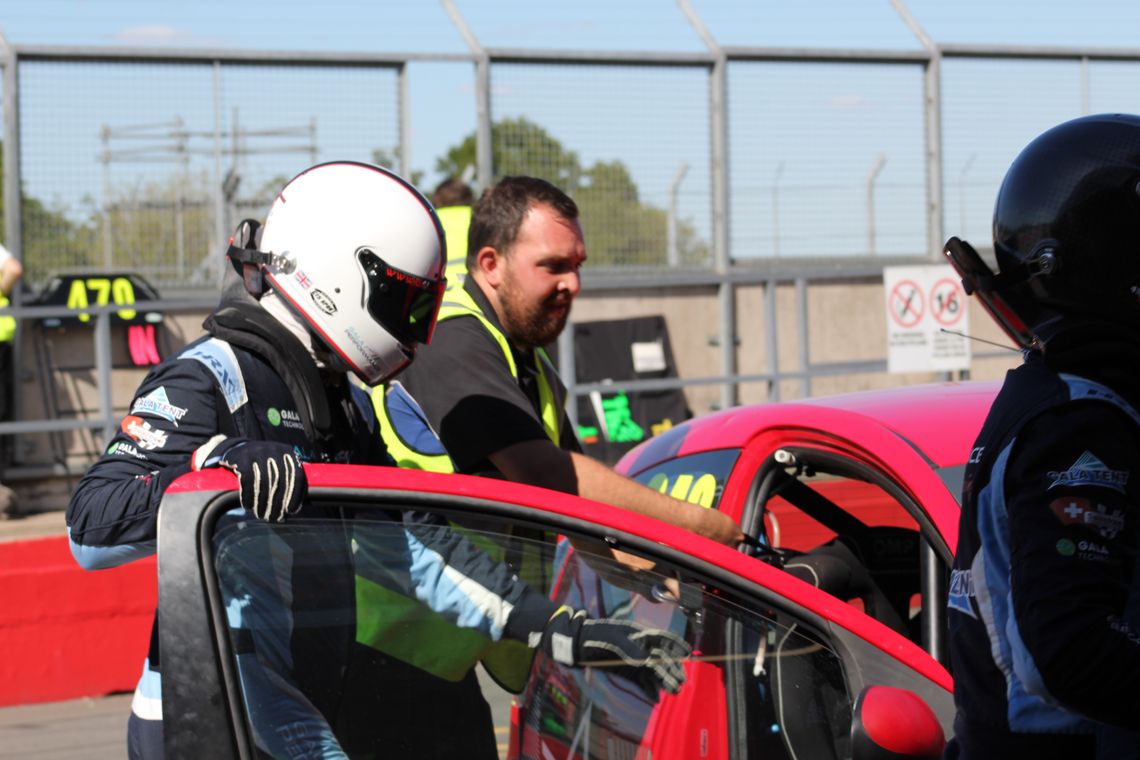
Whether you're chasing the thrill of speed or dream of racing wheel-to-wheel, getting into motorsport in the UK has never been more accessible. From track days to club racing and karting, there are affordable and scalable options for beginners — and this guide will walk you through them.
1. Start with Track Days
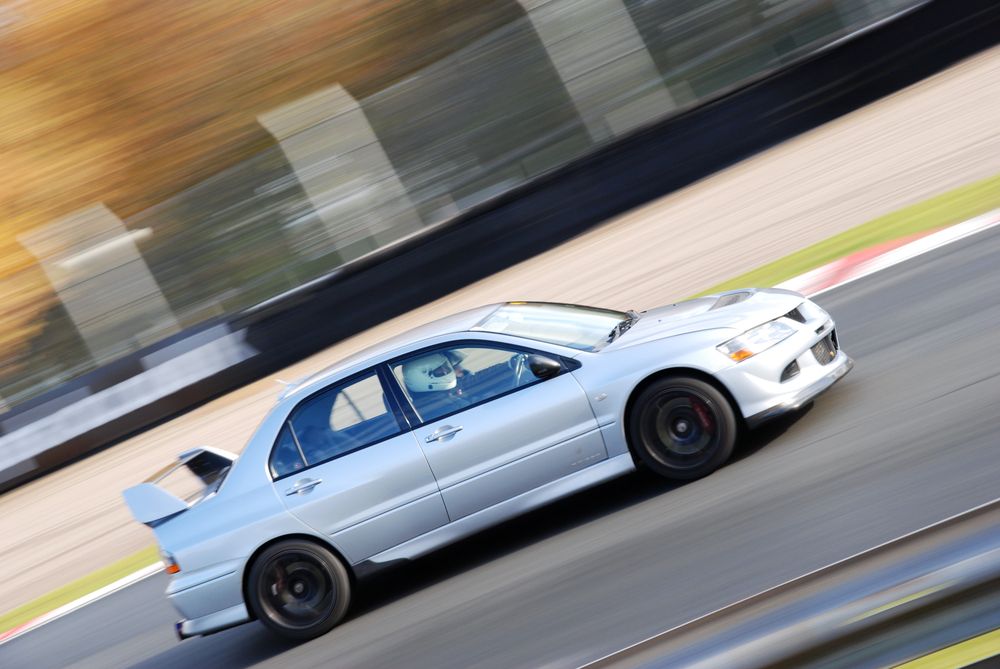
One of the best ways to dip your toes into the world of motorsport is by participating in trackdays. A trackday is an opportunity to drive on a circuit and get a taste of what it's like to race. Starting at around £150, trackdays offer a cost-effective way to experience the thrill of motorsport before committing to more expensive endeavours.
Benefits of Track Days:
No competition, just clean circuit driving
Use your road car or rent a track-prepped vehicle
Held at iconic UK circuits like Brands Hatch, Oulton Park, and Donington Park
Affordable, with prices starting from £150–£300
Find an organiser like MSVT, Javelin Trackdays, or Opentrack to book your first session.
Another option for practicing your racing skills is sim racing. With the advancements in technology, sim racing has become increasingly realistic and popular. From amateurs to Formula 1 drivers, sim racing and E-sports provide a convenient way to practice from the comfort of your own home. Basic sim racing setups can be purchased for as little as £200, making it accessible to beginners.
2. Obtain Your Race License
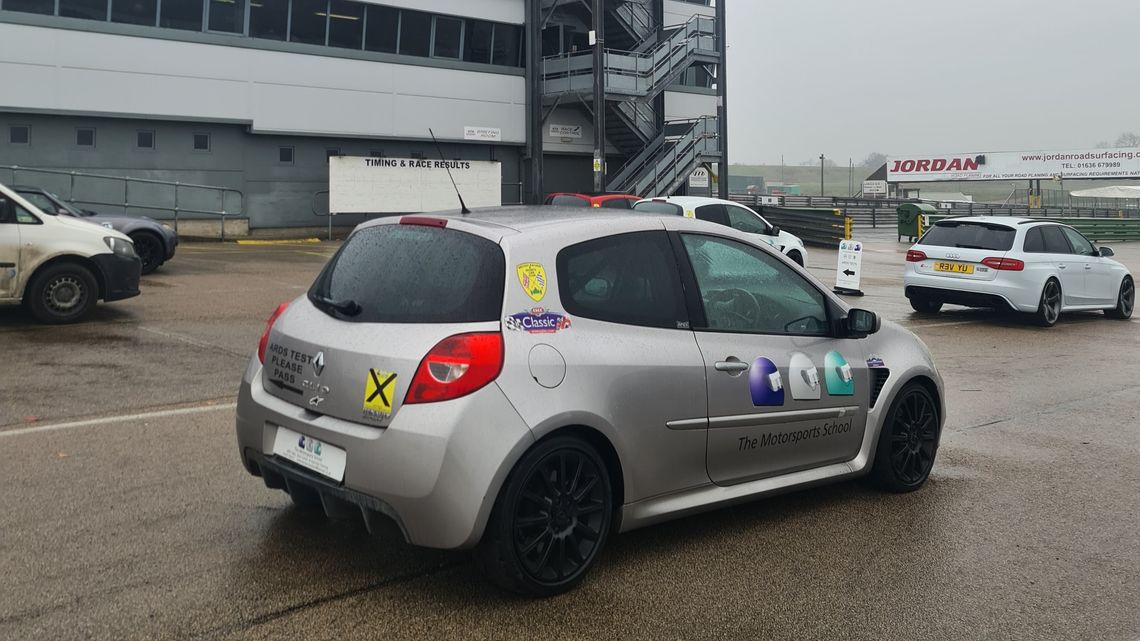
Two Key Licenses:
RS Clubman – Free, ideal for auto tests, sprints, and club events
Interclub (formerly National B) – Required for circuit racing; includes the ARDS test
To obtain your race license, you'll need to purchase a Go Racing pack from Motorsport UK. This pack includes an application form, a medical form, and all the necessary information to pass your ARDS (Association of Racing Driver Schools) course. The Go Racing pack costs £99, which also covers the cost of your first license.
The ARDS course typically costs between £200 and £400, depending on the circuit and any additional tuition included. Most UK circuits offer ARDS member schools where you can take the course and test. These schools, such as Silverstone, Brands Hatch, Oulton Park, and Knockhill, provide a comprehensive program that includes a written test on circuit racing knowledge and a practical section to demonstrate your driving skills.
After completing six Interclub races, you will be eligible to apply for your National license, which opens up opportunities to participate in more professional events.
3. Choose Your First Motorsport Discipline
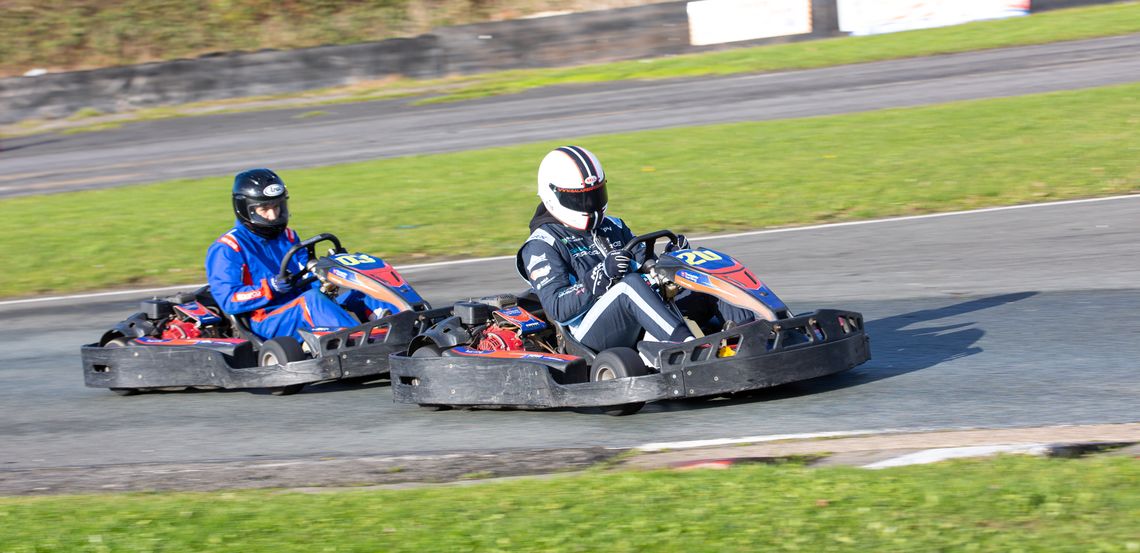
Popular UK Entry-Level Motorsport Options:
Karting
Cheapest way to get racing experience
Local indoor and outdoor kart clubs available
AutoSolo / Autotest
Timed events on coned courses
Great for learning car control
Club Racing
Organised by clubs like BRSCC, 750 Motor Club, and MSVR
C1 Racing, Mazda MX-5s, BMW Compact Cup — all cost-conscious entry points
One-Make Series
Equal machinery levels the playing field
Caterham Academy and Fun Cup Endurance are great examples
4. Invest in Essential Safety Gear
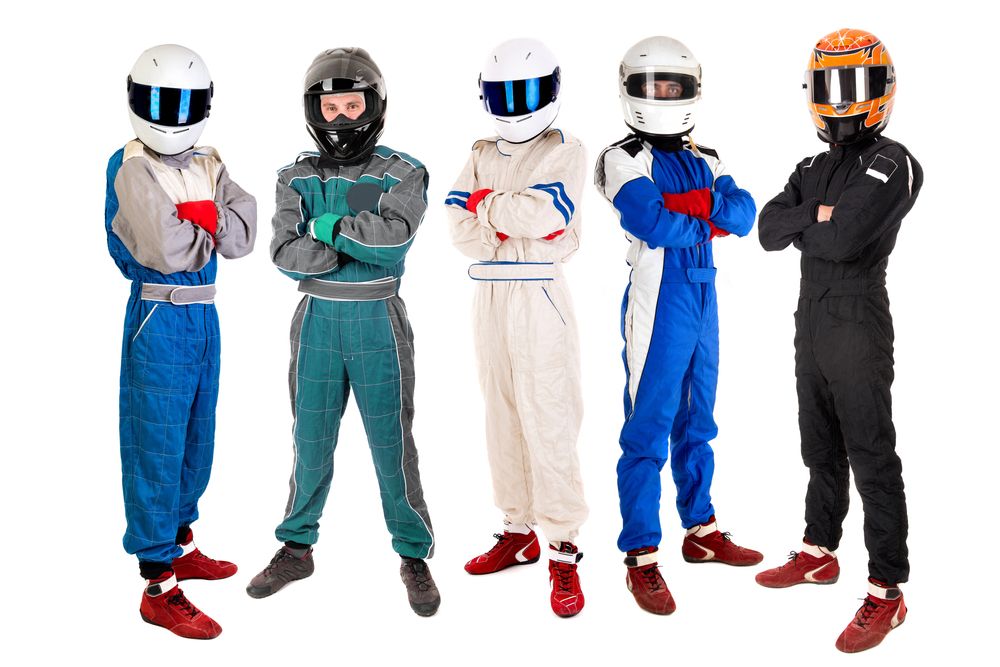
Safety is paramount in motorsport, and it's essential to have the right equipment to protect yourself on the track. The following safety gear is mandatory for racing and must meet the required safety standards:
Motorsport Safety Gear Checklist:
FIA-approved helmet
Fire-retardant race suit (FIA standard)
Racing boots and gloves
Frontal head restraint system (e.g. HANS device)
Explore premium gear from brands like OMP, Sparco, and Stilo.
It's crucial to invest in high-quality safety equipment to ensure your well-being on the track. While costs can vary depending on the brand and specifications, it's essential to prioritise safety above all.
5. Getting a Race Car
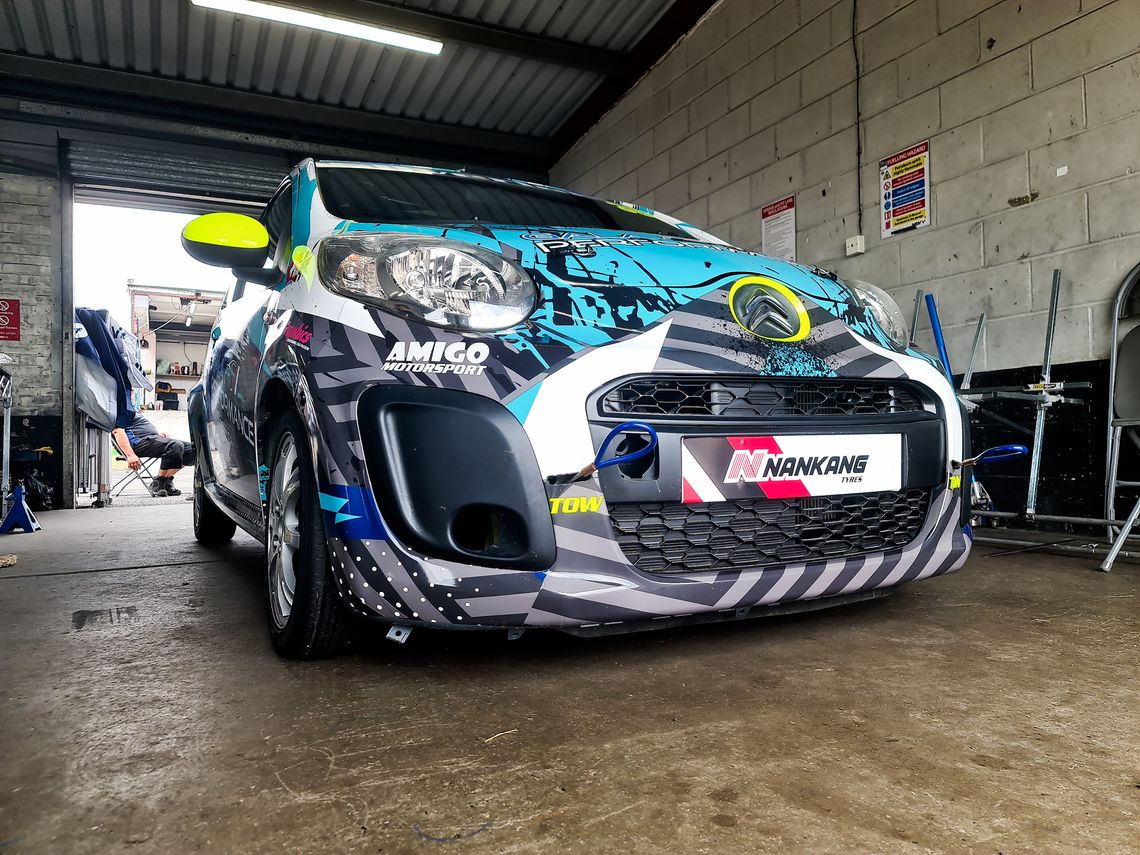
Once you’ve chosen your racing series, you’ll need a race car — and there are three main options depending on your budget, experience, and preference.
Arrive and Drive Packages
Perfect for beginners, these hassle-free deals include a fully prepared race car, transport, and team support. Available in many UK series like C1 Racing and Caterham Academy, it’s the fastest way to get on the grid without owning or maintaining a car.
Buy a Used Race Car
Affordable and widely available, second-hand race cars can be found via series websites, RaceCarsDirect, forums, and Facebook groups. Many include trailers and spare parts — ideal for privateers.
Build or Convert Your Own
Mechanically inclined? You can convert a road car to race spec by installing a roll cage, race seat, harness, extinguisher, rain light, and cut-off switch. Safety upgrades usually start from around £1,000.
Tip: Always check your series' regulations and consider total running costs including tyres, fuel, and transport.
6. Set Up Your Race Day Base with Gala Performance
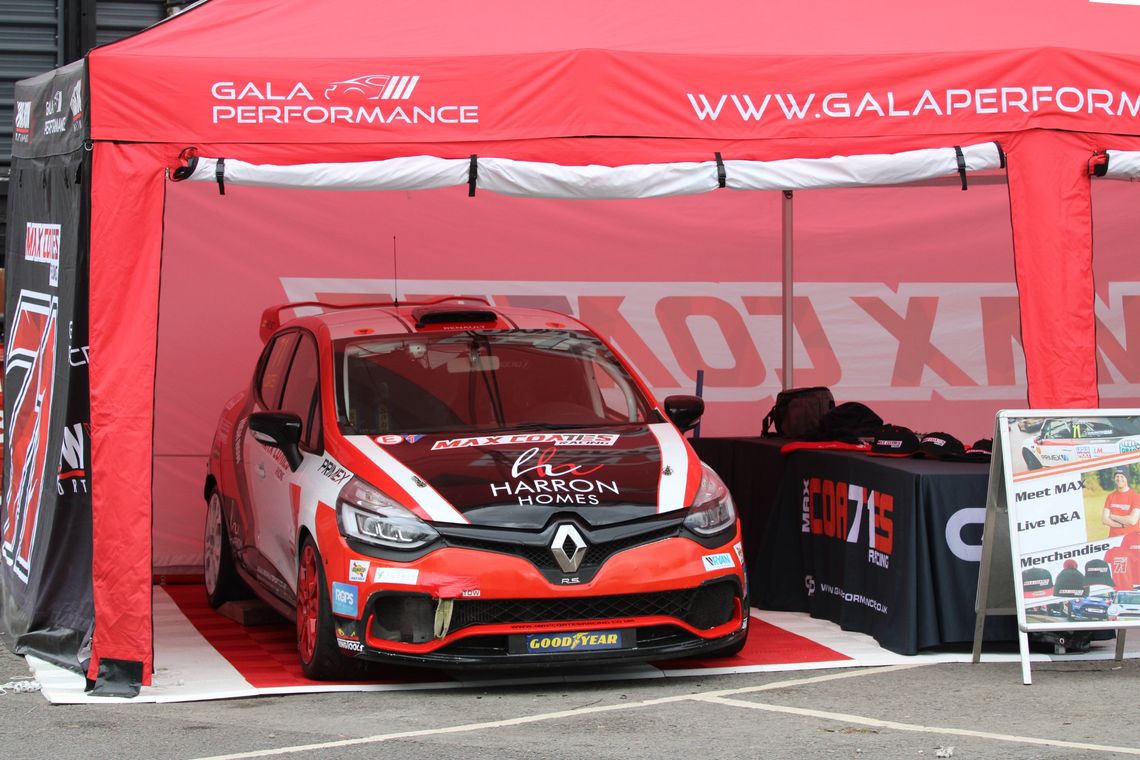
So you’ve got the license, the gear, and the race car — now you need a proper pit or paddock shelter to complete your setup and protect your team from the elements.
Gala Performance supplies a full range of race-day essentials, including:
Pop-Up Race Tents – Available in multiple sizes and colours, with optional custom printing to match your team livery
Traditional Marquees – Ideal for hospitality, sponsors, or event hosting (up to 200+ guests)
Swisstrax Modular Flooring – Fast to install and adds grip, comfort, and visual impact to any garage or awning
Promotional Materials – From business cards and flags to full-colour PVC banners, we’ve got your branding covered
Whether you're a club racer or managing a full team, Gala Performance helps you look professional, stay organised, and stand out in the paddock.
For information, contact us Here or call 01709 803 457 and a member of our Team will be more than happy to help.
7. What to Expect at Your First Race day
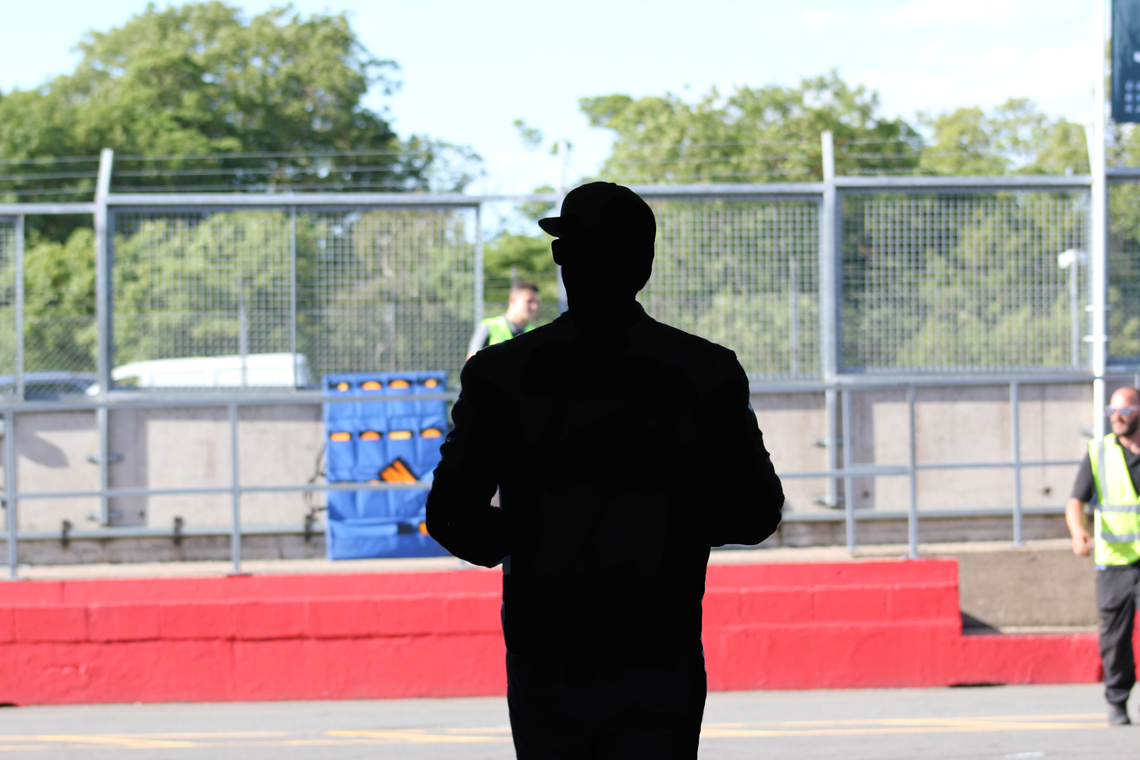
Your first race event is exciting, intense — and a little overwhelming. Here’s what to expect and how to prepare so you're ready when the lights go out.
Typical Race Day Schedule:
Early Arrival – Most paddocks open by 7AM. You’ll need to sign on, pass scrutineering, and attend the drivers’ briefing.
Scrutineering – Officials will inspect your car and safety gear to ensure compliance.
Practice & Qualifying – You'll get track time before your actual race to learn conditions and secure your grid position.
The Race Itself – Expect adrenaline, close racing, and quick decision-making.
Post-Race Checks – Your car may be re-scrutineered, especially if you finish near the top.
First Race Day Tips:
Bring plenty of water, food, and spare tools
Label everything (helmet, tyres, gear) to avoid mix-ups
Stay calm — it's about finishing, not winning on your debut
Talk to other drivers — most are happy to help
From the roar of engines to the buzz of the paddock, your first motorsport event is an experience you'll never forget.
8. Exploring Other Forms of Motorsport
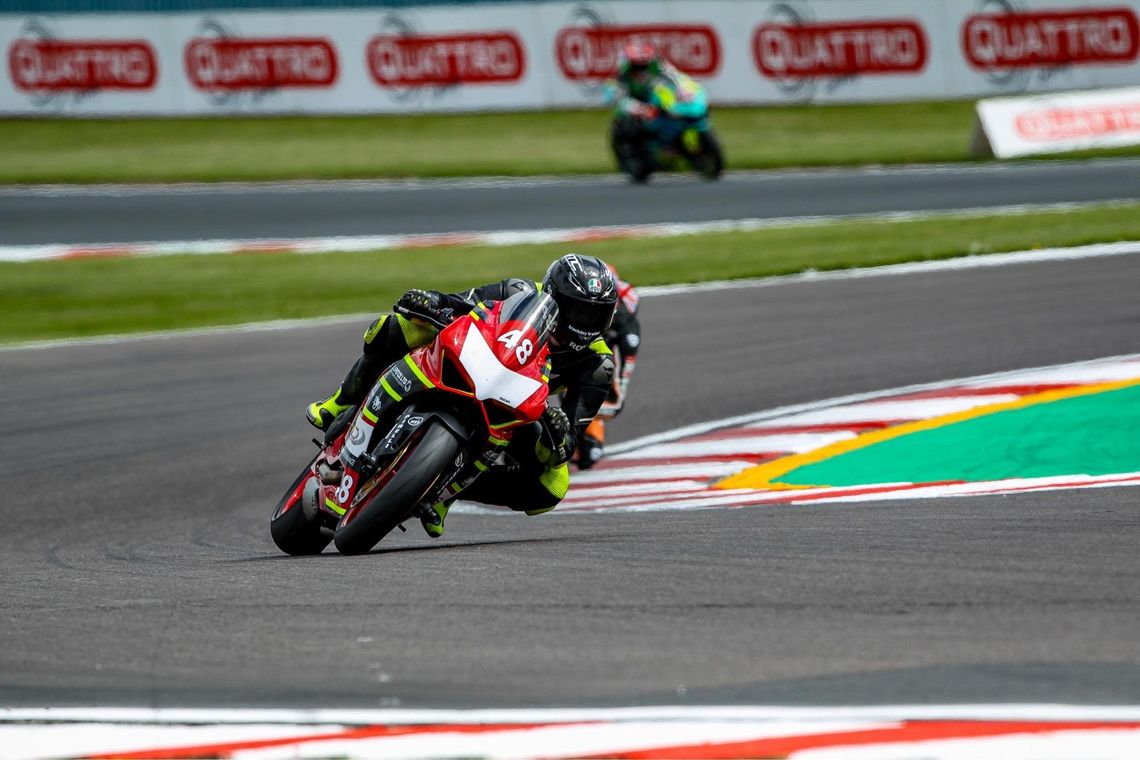
Alternative Forms of Motorsport to Consider
While circuit racing is the most common starting point, there are plenty of other motorsport disciplines in the UK that offer exciting challenges and unique skill sets.
Rallying (Go Rallying Licence UK)
If you’re drawn to gravel, tarmac stages, and co-driver pace notes, rallying might be for you.
Getting Started:
Apply for a Go Rallying Pack from Motorsport UK
Pass a basic exam and safety briefing
Entry-level single-venue rally events typically start from £200
Used rally cars available from around £4,000+
This form of motorsport is all about car control, adaptability, and split-second decisions in constantly changing conditions.
Motorcycle Racing (ACU Licence & Club Racing)
Prefer two wheels? Motorcycle racing offers incredible speed and tight competition, but comes with its own pathway.
How to Start Motorcycle Racing in the UK:
Join a club such as Bemsee (British Motorcycle Racing Club)
Complete the ACU Competitor Training Course and a Basic Rider Assessment
Packages for beginners start around £500, including Friday practice and up to four races
Gear and bike setup costs vary by class and club
Motorcycle racing requires strong mental focus, physical conditioning, and confidence on lean.
Choosing the Right Motorsport Discipline
Consider:
Your budget and comfort level
Whether you prefer tarmac, gravel, or mixed terrain
The type of vehicle you want to race — car or bike
The time and travel commitment each format requires
Each form of motorsport offers something different — from the teamwork and tactics of circuit racing to the rugged intensity of rally stages and the raw thrill of bike racing.
9. Embrace the Thrill of Motorsport
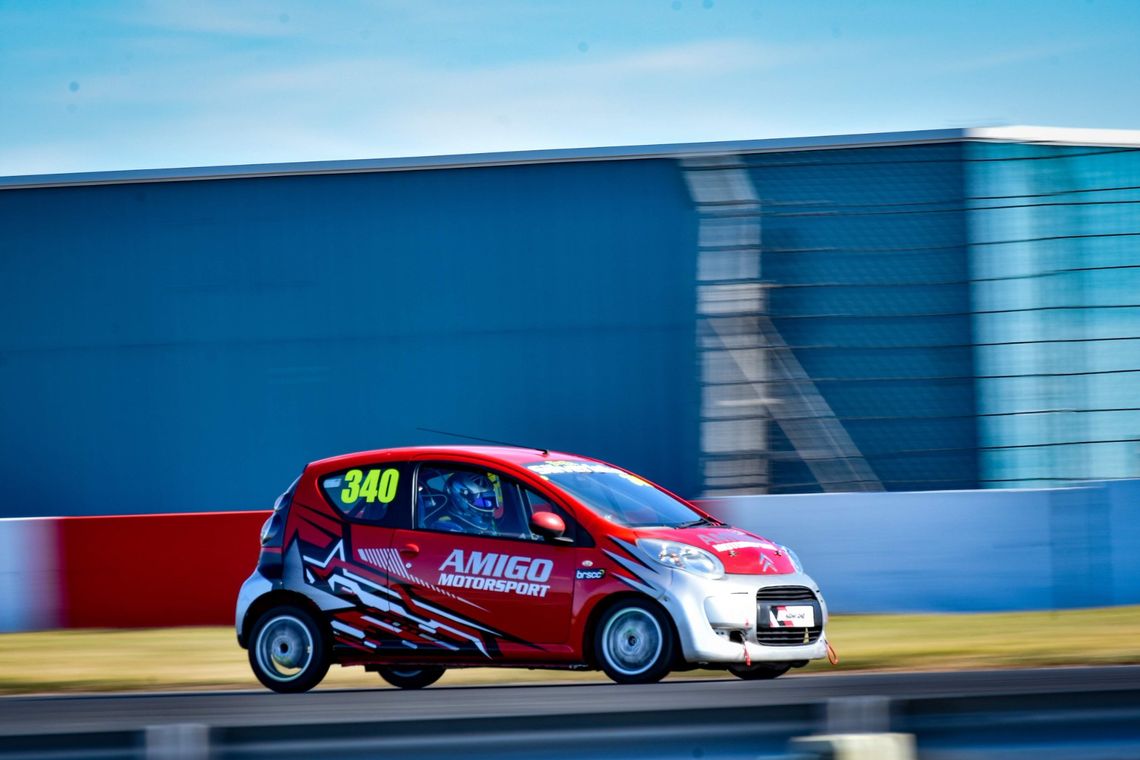
Motorsport is an incredible journey that offers excitement, challenges, and personal growth. By following the steps outlined in this guide, you can embark on your own motorsport adventure. Remember to prioritise safety and invest in high-quality gear. With dedication, practice, and a passion for racing, you can make your mark in the world of motorsport.
Frequently Asked Questions (FAQ)
Q: Can I race without any prior experience?
Yes! Start with track days or AutoSolo to build confidence before entering competitive racing.
Q: How much money do I need to start racing?
You can begin with under £1,000 for basic track days. Entry-level racing typically starts around £5,000 per season.
Q: Do I need a racing license for track days?
No — track days don’t require a license. You only need one for official Motorsport UK-sanctioned races.
Q: What's the best car to start racing in the UK?
Mazda MX-5s, Citroen C1s, and BMW Compact Cup cars are popular beginner choices due to affordability and wide club support.
Q: Can I rent a race car to get started?
Yes — many companies offer arrive-and-drive packages for track days and club events. This is a great way to try racing before investing in your own car.
Q: Is there an age limit to start racing?
You can start karting at age 6 and circuit racing at 14. But it's never too late — many people begin in their 30s, 40s, and even 50s.

